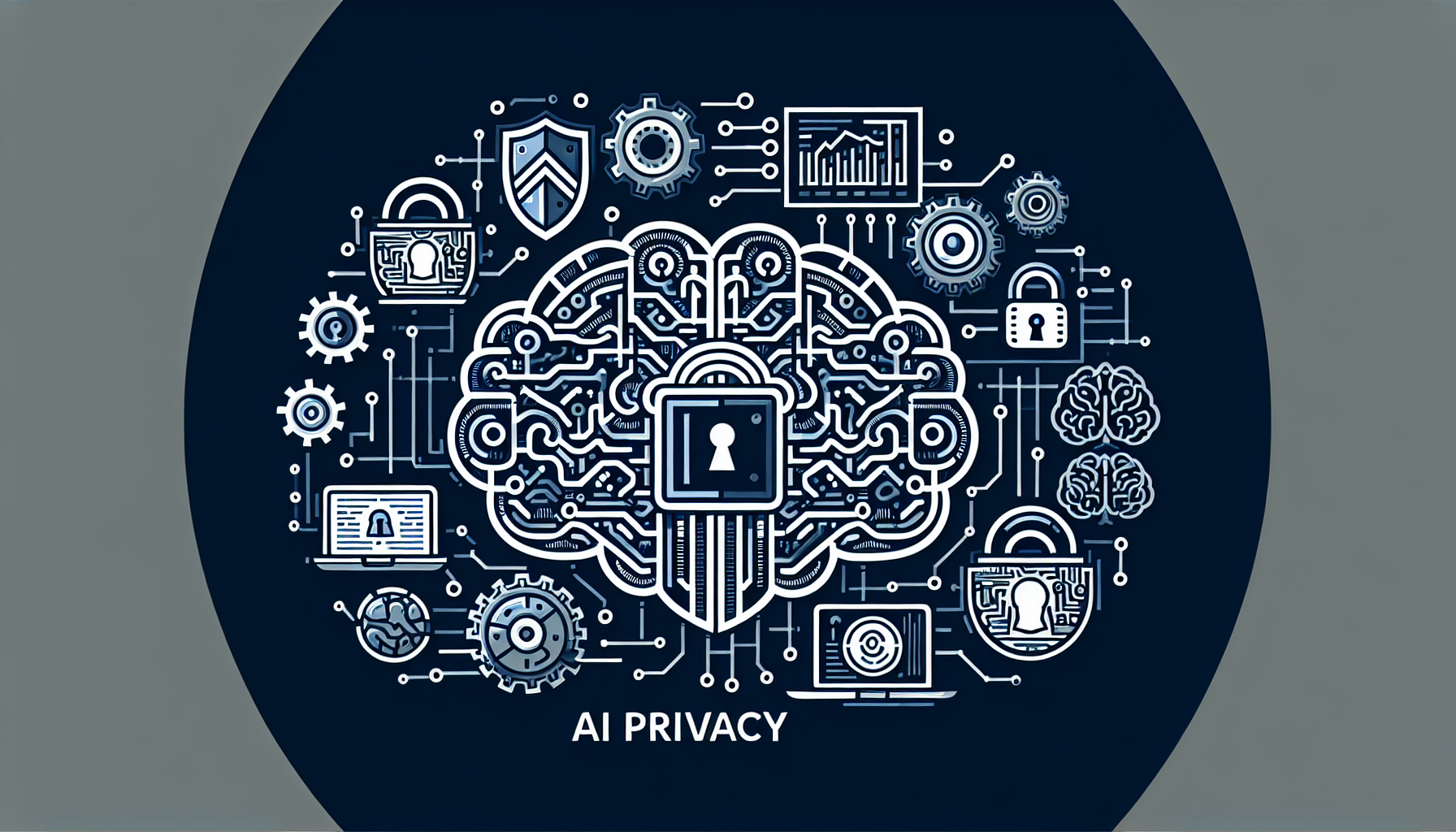5 Shocking Predictions About AI Privacy Risks After the McDonald’s Leak
Understanding AI Privacy: Safeguarding Data in a Digital Age
Introduction
In today’s swiftly advancing technological era, AI Privacy has become a crucial concern, gaining prominence following shocking events such as the glaring data breach at McDonald’s. This breach, which compromised sensitive information through their AI hiring tools, shines a spotlight on the urgent need for fortified data protection within AI applications. As businesses lean heavily on AI to streamline human resources functions, our dependence on digital systems leaves us all incredibly vulnerable, making robust cybersecurity measures non-negotiable.
Background
The integration of AI hiring tools is reshaping recruitment processes just as profoundly as email did to communication. It’s a double-edged sword, though. These tools, like Paradox.ai used in McDonald’s job applications, have exposed alarming weaknesses. Case in point: a breach at McDonald’s due to an astonishingly weak password (‘123456’) led to the exposure of 64 million records (source: Wired). Such events underscore the critical vulnerabilities in AI-driven systems, where simple security lapses can have monumental impacts. This isn’t just about privacy; it’s about trust eroding at the intersection of data protection and AI.
The negotiation between convenience and security feels akin to leaving one’s front door open in a neighborhood famed for its burglaries. The statistics are stark, painting a grim picture for jobs applicants whose personal data is a playground for cybercriminals due to insufficient safeguards.
Trend
Despite the risks, the trend of embedding AI in hiring processes shows no signs of abating. The appeal is clear: increased efficiency, reduced costs, and the promise of unbiased decision-making. But accompanying this embrace is a landscape fraught with cybersecurity challenges. Breaches, like the McDonald’s incident, are not isolated anomalies—they’re ominous harbingers of what happens when security technology lags behind innovative practices.
In response, companies are ramping up their security arsenals. Yet, adapting cybersecurity measures in real time to combat new threats is akin to playing whack-a-mole. The threats are fast, and preparedness remains uneven. As businesses attempt to outpace hackers, they must also anticipate how cyber actors evolve. This cat-and-mouse dynamic demands an escalation in robust security protocols, perhaps even more sophisticated than the very AI systems they are supposed to protect.
Insight
The ramifications of AI-driven systems on data protection are profound. Breaches carry financial risks, damage reputations, and erode consumer trust. The aftermath is not just tangible in dollars but in the intangible cost of public confidence. Experts like Sam Curry warn of the expansive phishing risks borne from such data exposures. Companies must rethink their strategies, not just patch existing holes but anticipate future vulnerabilities.
Industry leaders urge adopting cybersecurity measures that include encryption, two-factor authentication, and regular audits. But the need goes deeper; it calls for a cultural shift embracing security as a foundational aspect of AI development. Viewing AI from a holistic perspective—one that fiercely guards user privacy beyond compliance—can unleash the potential of AI in a secure manner.
Forecast
Looking ahead, the landscape of AI Privacy is poised for monumental shifts. With evolving technologies and tightening regulations, organizations must brace for sweeping changes in data protection mandates. Regulatory bodies could push for stringent compliance standards, demanding transparency and accountability. This foreseeable future won’t be about fending off incursions post-breach; instead, it could transform into a proactive paradigm where breaches are minimized by pre-emptive defenses.
Innovation in AI could lead to advanced privacy safeguards, utilizing tech like federated learning to ensure data never leaves the local device, thus reducing exposure. Moreover, quantum computing on the horizon offers a glimmer of hope in creating encryption unbreakable by today’s standards.
Call to Action
As we stand at this critical juncture, businesses must unequivocally prioritize AI Privacy through comprehensive and dynamic data protection strategies. The charge is clear: evaluate your current systems, challenge them, and consider investing in cutting-edge solutions to defend against tomorrow’s threats today. Embrace cybersecurity not as a forced compliance but as a culture of proactive defense.
Let this McDonald’s incident be a wakeup call, a harbinger of the seismic shifts needed in the AI landscape. For the sake of integrity, trust, and progress, let’s safeguard our digital future by putting AI Privacy at the forefront of innovation and security.



